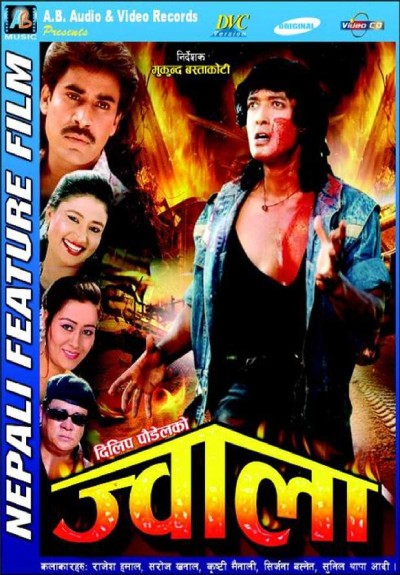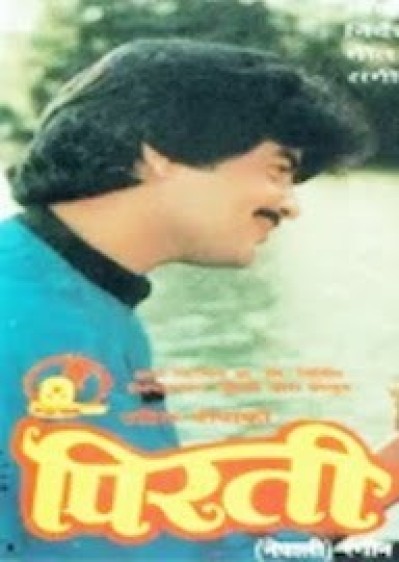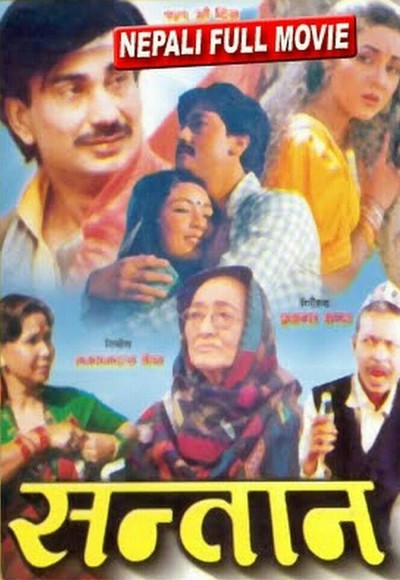Something Wrong?
Hari Prasad Rimal, often referred to as the "father of Nepali Radio drama," was a distinguished figure in Nepalese entertainment, renowned for his multifaceted talents as an actor, singer, and film director. His contributions to Nepal's cultural landscape have left an enduring legacy that continues to be celebrated.
Born on September 20, 1925, in Lagantole, Lalitpur, Nepal, Hari Prasad Rimal hailed from a family with a rich artistic heritage. His father, Ghana Shyam Rimal, was renowned for his singing prowess, while his brothers were esteemed poets. It was within this creative environment that Hari Prasad Rimal's artistic journey began to take shape.
One of his most notable achievements was being the first person to lend his voice to Radio Nepal. In 1950/51, he recorded "Mann Tukra Bhayera Aakhaako Baato Bahanechha," a song written by Shankar Lamichhane, marking a historic moment as the inaugural singer of Radio Nepal. This pioneering act paved the way for the development of radio as a medium for artistic expression in Nepal.
Hari Prasad Rimal's artistic contributions extended to the realm of cinema. He played a significant role in Nepal's first-ever feature film, "Aama," a cinematic milestone that holds a special place in the country's cultural history.
Throughout his career, Rimal graced the silver screen in various Nepalese movies, including "Man Ko Bandh," "K Ghar Ke Dera," and several others. His performances showcased his versatility and acting prowess, earning him a cherished place in Nepalese cinema.
Tragically, Hari Prasad Rimal passed away on August 31, 2018, in Baneshwor, Kathmandu, at the age of 93. In his later years, he battled a lung infection, but his enduring contributions to the world of entertainment and culture continue to be remembered and celebrated.
Hari Prasad Rimal's legacy as a pioneering singer, actor, and director, as well as his pivotal role in the development of radio and cinema in Nepal, endures as a source of inspiration and pride for the nation's artistic community and the people he touched through his work.


































